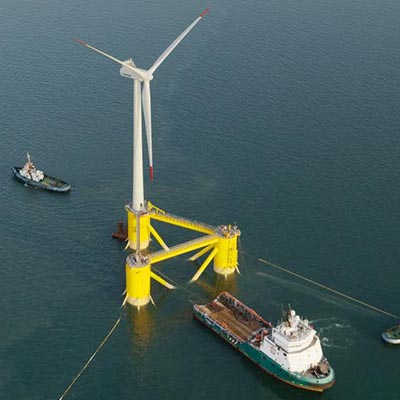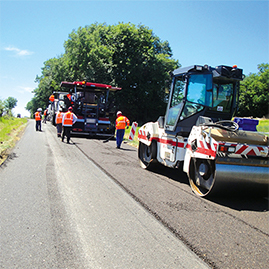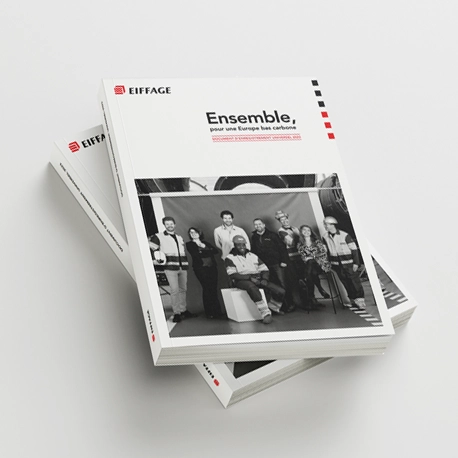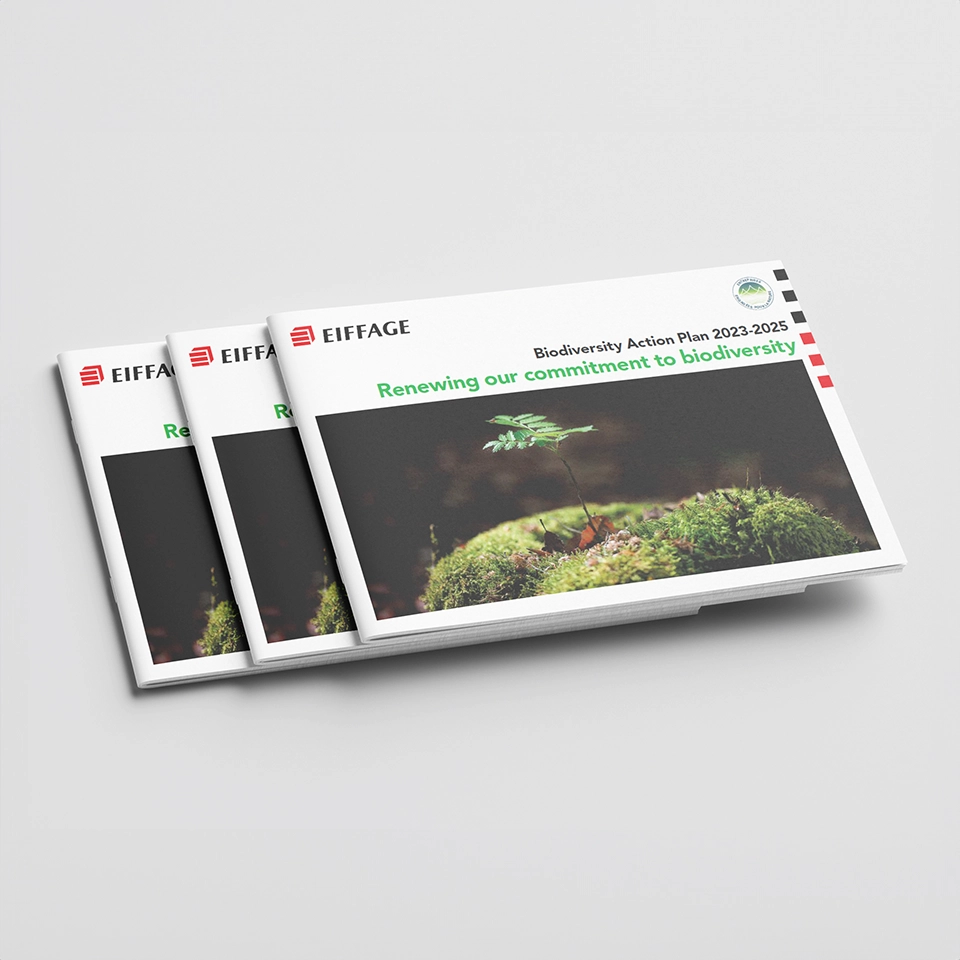Our commitments to tackle climate change
Eiffage has been implementing an ambitious and innovative low-carbon policy for over 10 years. The Group has turned to low-carbon construction to make a difference with demonstrator eco-districts, sponsorship initiatives and pioneering research projects. Let’s take a look back at our commitments over the past ten years and counting.
2007: devising a post-carbon city with the Phosphore laboratory
In an increasingly urbanised world, Phosphore – our forward-looking sustainable city laboratory set up in 2007 – designs and implements low-carbon, safe and smart innovations for cities of the future.
This laboratory adopts a pioneering systemic urban planning approach that involves virtually applying a punitive carbon tax that wipes out the profit margin. Tested in Marseille, Strasbourg and Grenoble, this stress scenario has served as a basis for proposals for virtual low-carbon sustainable transformation projects in several neighbourhoods. All of the findings are available on the website: eiffage-phosphore.com.
This seminal research work was then put into practice in 2012 in Smartseille 1 and Smartseille 2 ecodistricts in Marseille and again in 2017 in the LaVallée eco-district in Châtenay-Malabry, south of Paris.
2018: signing the Climate-Finance Pact spearheaded by Jean Jouzel
Climate-Finance Pact
In April 2018, Eiffage became a signatory to and sponsor of the Climate-Finance Pact, an initiative led by the Agir pour le Climat organisation set up by climatologist Jean Jouzel, former Vice-Chair of the Intergovernmental Panel on Climate Change (IPCC) and joint recipient of the Nobel Peace Prize 2007.
The aim is to negotiate a ‘Marshall Plan for the climate’ as quickly as possible to heavily fund energy transition in the European Union over a 30-year period.
-
Low-carbon charter
Eiffage strives to formalise and share its environmental commitments in an educational way. Approved by the CEO, these firm commitments are accessible everywhere from the website to site base camps. In 2019, the Group added to its existing commitments by introducing a charter on its low-carbon strategy.
2020: publishing the first climate report based on the TCFD standard
The Group adopted the guidelines produced by the European Union on companies reporting climate-related information and is following the 2°C pathway adopted by the Paris Agreement in 2015. We are therefore following and adopting the non-financial reporting recommendations of the Task Force on Climate-related Financial Disclosures (TCFD) created by the G20 Financial Stability Board.
With this in mind, we published our first climate report in April 2020. It demonstrates how the Group’s governance was reshaped to integrate the climate change challenge throughout the chain. It expands on our responsible vision, which involves innovating, controlling risks and measuring our commitments. It also identifies the different risks that stem from climate change and jeopardise our activities; these include physical risks at our worksites and industrial facilities and transition risks (fiscal risk, risk to employer brand appeal, etc.).
The climate report also includes the Group’s low-carbon action plan, complete with quantifiable targets to reduce its carbon footprint within a specific time frame. Additionally, it highlights our ‘climate-compatible’ activities with a view to developing them to fast-track our business lines’ lowcarbon transition.
-
Climate report
Eiffage publishes commitments to manage CSR risks and reduce greenhouse gas emissions in its inaugural climate report.
-
 Low-carbon strategy
Low-carbon strategyOur low-carbon strategy is based on two main objectives: reducing internal emissions in all the Group’s business lines and developing new low-carbon products and services or extending those currently provided by the different divisions.
-
 Our commitments to the circular economy
Our commitments to the circular economyDeveloping circular economy solutions – such as reusing and upcycling materials or sequestering CO2 in concrete – and integrating them into our work here at Eiffage enables us to help take the pressure off natural resources.

